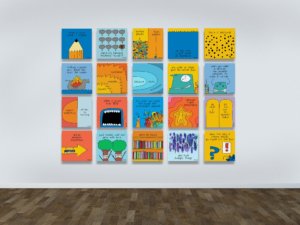Everyone wants a better and smarter brain to process information faster and have better memory. The brightest minds do not have more brain power than the average person. They just use it more efficiently. The health of your brain is a product of your daily habits. All you have to do to optimize your brain is make small adjustments to your routine.
30 days is all it takes to realistically adopt new habits that can help you be smarter and think better. In 30 days or less, you can adopt some of these habits to boost your brain power, improve your mental clarity, and build a better brain.
Consume your brain.
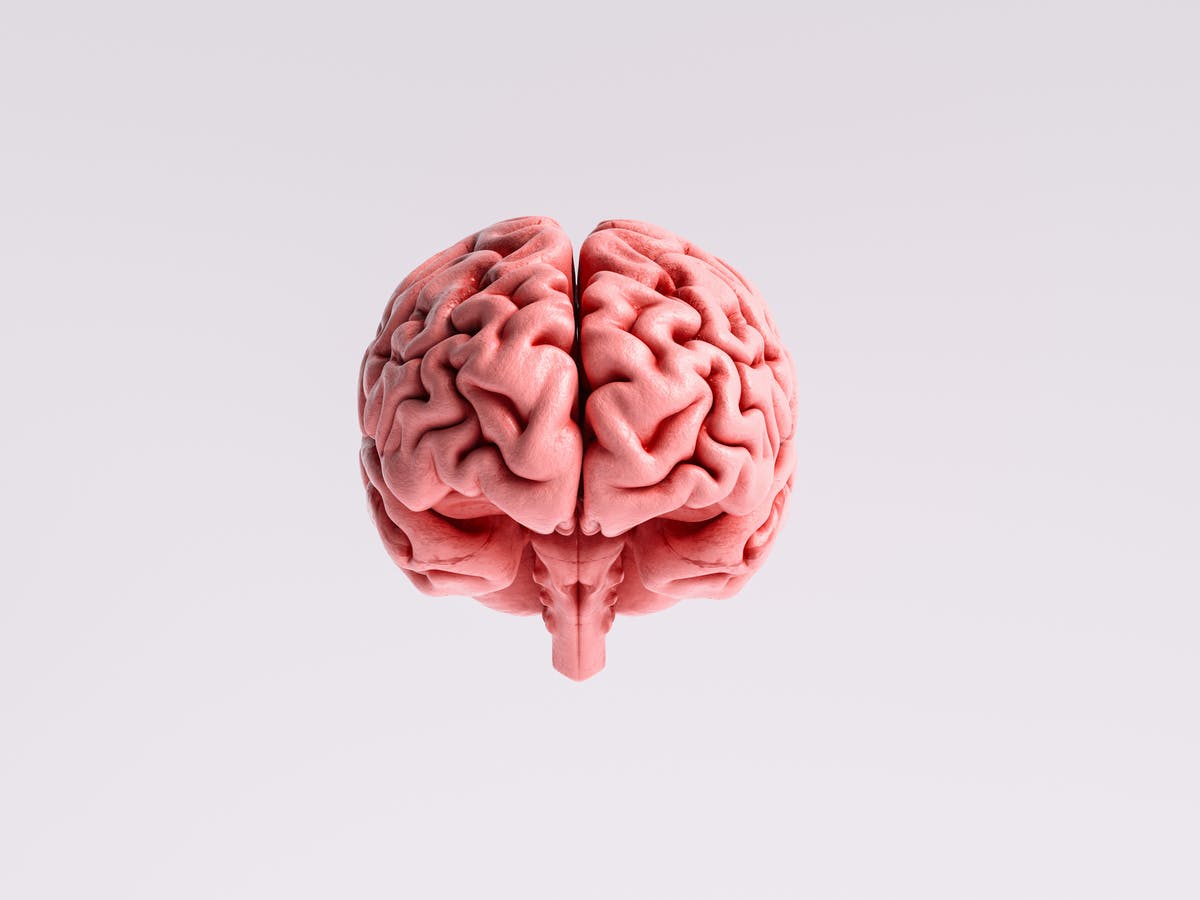
Challenge yourself with a brand new experience. Do more of the things that drain your brain. Remember, your brain needs fatigue to grow. Begin a new, cognitively challenging activity for you. For example, start dancing, try to learn a new language. This is more likely to increase the brain’s processing speed, strengthen synapses, and expand or form functional networks.
Famous psychologist Dr. Jennifer Jones says, “When you’re learning something new and your brain feels like it’s wanting to take a nap, that’s when you know you’re doing things that make your brain grow neurologically.” says. Each time you learn something, you make new connections, and the more connections you make, the easier it will be to retain new information in the future.
Stop feeding your comfort.
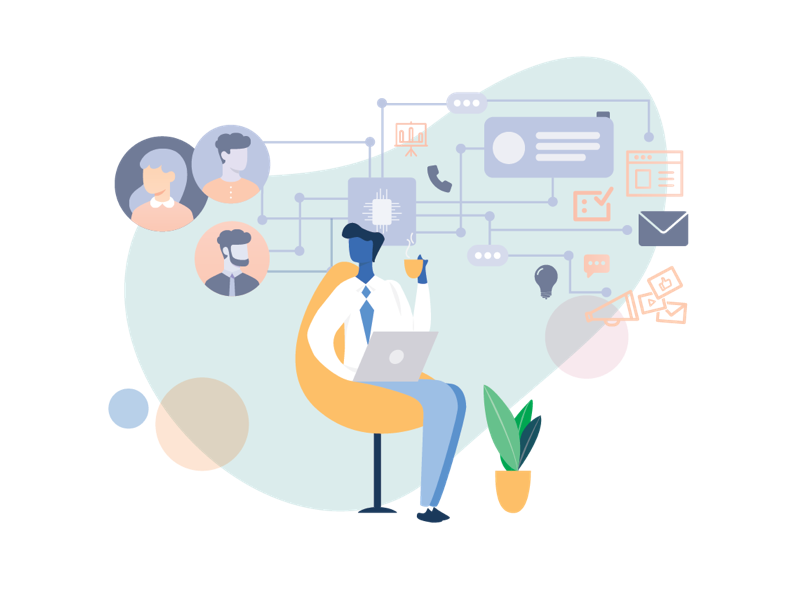
Comfort provides a state of mental security. When you are relaxed and life is good, your brain can release chemicals like dopamine and serotonin . This leads to happy feelings. But in the long run, comfort is bad for your brain.
An active life increases dendrite networks and also increases the brain’s regenerative capacity, known as plasticity. Norman Doidge, in his book The Brain That Changes Itself, “The neglect of intensive learning causes systems of plasticity to go to waste.” says. Michael Merzenich, a pioneer in resilience research, says going beyond the familiar is essential for brain health.
Seeking new experiences, learning new skills, and opening the door to new ideas inspires and trains us to develop mental clarity.
Nothing that really makes you comfortable is good enough for your brain. When you’re inside your comfort zone, you can be outside of your improvement zone. “Your brain needs innovation to grow,” Jones said. says. Getting out of your comfort zone literally flexes your brain, allowing dendrites to become like large trees with full branches instead of small bushes.
Related Content: How to Leave Your Comfort Zone with 7 Practical Techniques
Begin mind-focusing exercises.
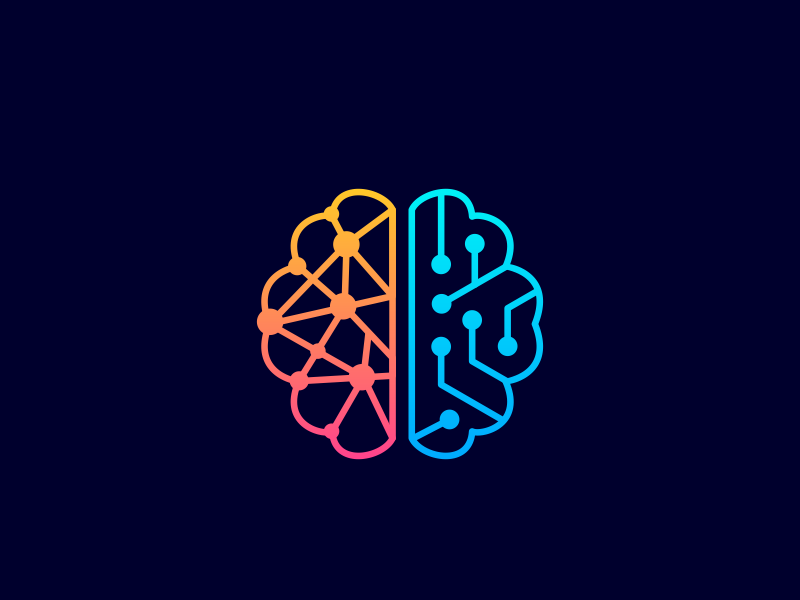
Embrace awareness. There is a lot of research showing that meditation increases gray matter in your brain. Meditation can increase the thickness of the regions that control attention and process sensory signals from the outside world. Yes, meditation enlarges your brain, literally. Meditation is the art of quieting the mind. When the mind is quiet, concentration increases and we experience inner peace and more.
But concentration requires a great deal of effort and time. You may be expanding your brain in less time than you spend eating lunch. Just like building muscle, you can beneficially build your brain’s strength and even size in the healthiest and most natural ways.
Related Content: 7 Scientific Research-Based Exercises to Focus Better
Your brain needs you to read every day.
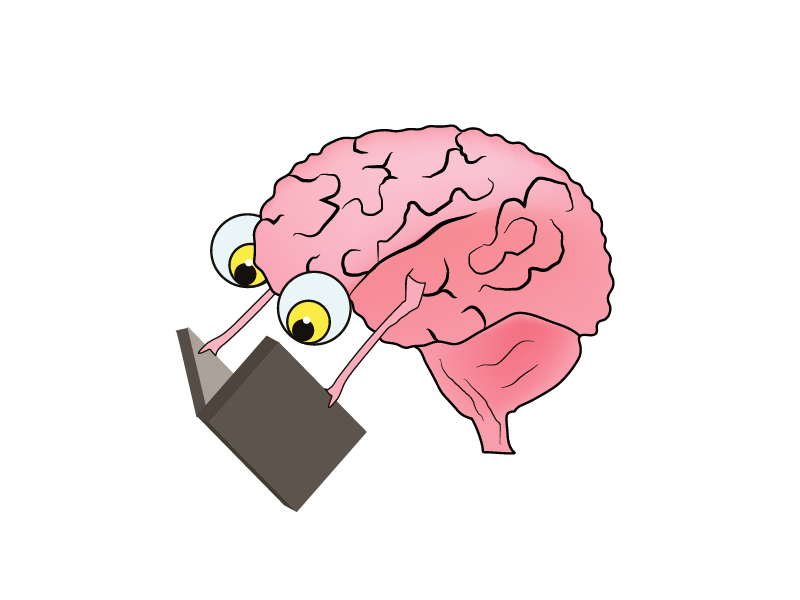
Reading increases brain connectivity. Our brains change and evolve in some fascinating ways when we read. As you read these words, your brain decodes a series of abstract symbols and turns the results into complex ideas. It’s an incredible process. The reading brain can be compared to the synchronized operation of a symphony orchestra. Various parts of the brain work together like parts of instruments to maximize our ability to decipher text written in front of us.
To read; It involves a variety of brain functions, including visual and auditory processes, phonemic awareness, fluency, comprehension, and more.
The same neurological areas of the brain are stimulated by reading as by experiencing something. According to ongoing research in Haskins Laboratories for the Science of the Spoken and Written Word, reading, unlike watching or listening to the media, gives the brain more time to stop, think, process and imagine the narrative coming from us. Reading every day can slow cognitive decline in later life and keeps the brain healthier.
Related Content: With Scientific Evidence: Why Your Brain Needs Reading Every Day
Keep a diary.
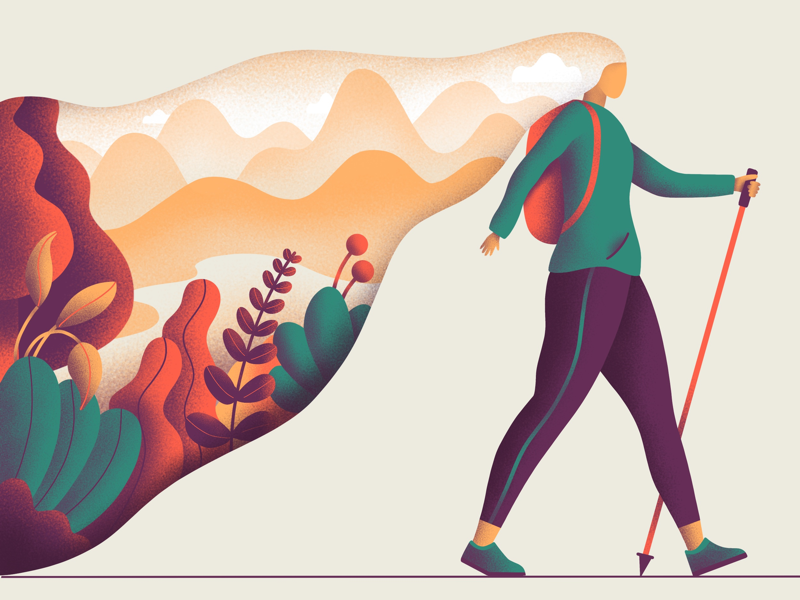
The important thing for your overall well-being is to keep a diary.
Journaling helps you set priorities right, clear thinking, and accomplish your most important tasks. Numerous studies have shown that personal writing can help people cope better with stressful events, relieve anxiety, and increase immune cell activity.
Journaling helps you set priorities right, clear thinking, and accomplish your most important tasks. Numerous studies have shown that personal writing can help people cope better with stressful events, relieve anxiety, and increase immune cell activity.
Judy Willis MD, a neuroscientist and former classroom teacher, explains: “The practice of writing can improve the brain’s reception, processing, retention, and recall of information. It encourages the brain to focus. It strengthens long-term memory, illuminates patterns.”
Related Content: The Unbearable Lightness of Keeping a Journal
Stop sitting.

Sitting still all day is dangerous. Love it or hate it, physical activity has powerful effects on your brain and mood. The brain is often described as “muscle-like.” It should be used for better performance. Research shows that moving your body can improve your cognitive function. What you do with your body affects your mental abilities. Find something you like, then get up and do it. And most importantly, make it a habit. Create and maintain a better exercise routine.
Sleep well and comfortably.

Good sleep reduces both physical and mental stress. The brain manages to reorganize information during sleep. More importantly, a short nap in the afternoon acts as an energy booster for the brain. Scientists have known for decades that the brain needs sleep to consolidate learning and memory. Away from laziness, napping is scientifically proven to help boost concentration and increase productivity once you reach a brainpower plateau. Research on napping shows that naps, no longer than 20 minutes, increase reaction speed and aid learning.
Do nothing for change.
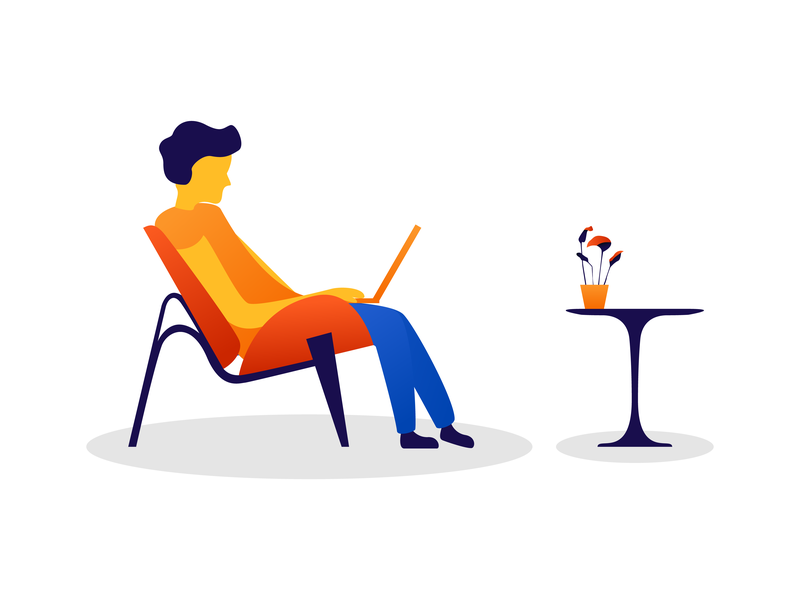
Doing nothing is a skill. Being busy can have the opposite effect. We know it’s hard, but doing nothing is a good way to refocus your brain and help you focus on the present moment. Spending time in silence and without electricity can increase your focus, productivity and creativity.
Neuroscience also reveals that silence has nutritive benefits for your brain.
Neuroscientist Marcus Raichle says his best thinking happens in quiet places. For Raichle, silence stands for brooding solitude. The brain actively internalizes and evaluates information during silence. Extraordinary creativity often happens in solitude.
Neuroscientist Marcus Raichle says his best thinking happens in quiet places. For Raichle, silence stands for brooding solitude. The brain actively internalizes and evaluates information during silence. Extraordinary creativity often happens in solitude.




